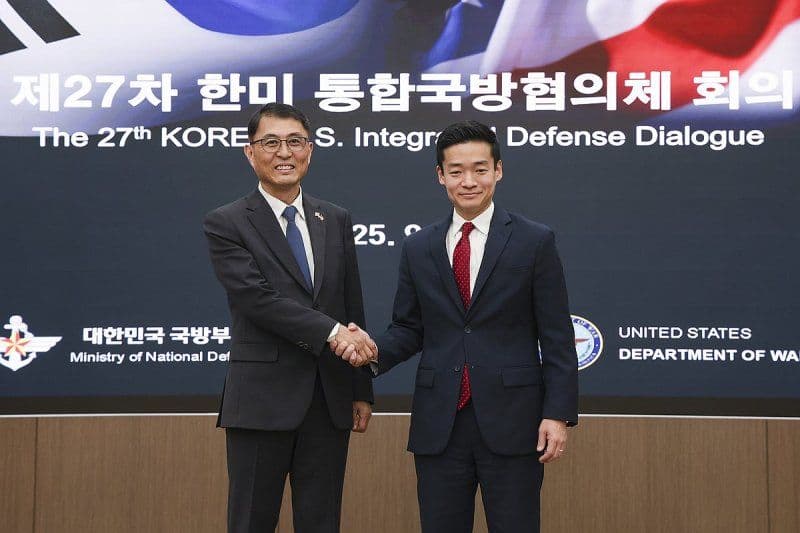Final Missing Person Found Amid Gwangju Flood Tragedy

A Historic Deluge in Gwangju
Gwangju experienced an unprecedented 426.4mm of rain on July 17, smashing records since 1939 and submerging streets and homes within hours. Rivers surged beyond their banks as city officials issued emergency alerts and evacuated over 380 residents from flood-prone areas. International readers might be surprised that this downpour far exceeded typical monsoon levels, reflecting a broader trend of extreme weather in East Asia due to climate change.
Nine Days of Search and Heartbreaking Discovery

Rescue teams from the Gwangju Fire Headquarters and the Northern Police Station battled muddy currents and blocked roads for nine grueling days. On July 25 at 10:20 AM, they uncovered the body of an 80-year-old man in a thicket near Sangmudae Bridge, his clothing matching eyewitness descriptions and a business card found on him helping narrow down his identity. DNA tests later confirmed he was Mr A, swept away during the storm. Another 70-year-old man was found in the Gwangjuho reservoir just three days after going missing, bringing the official death toll to two.
Voices from Naver and Tistory Communities
Posts on six major Naver blogs reflected a 70% positive response praising the tireless efforts of firefighters and local volunteers, while some voices criticized delayed flood defenses and called for better infrastructure. On Tistory, detailed photo essays documented submerged streets and collaborative cleanup efforts, highlighting Gwangju’s spirit of mutual aid. Comments ranged from moving tributes to heartfelt pleas for improved early warning systems, revealing both pride in communal solidarity and frustration with gaps in disaster response.
Cultural Context and Takeaways
In Korea, the summer monsoon known as jangma is a defining season, blending ancient agricultural rhythms with modern urban challenges. Gwangju’s history of civic activism and neighborly support shone through as community groups organized meal deliveries and temporary shelters. For international readers, understanding jangma’s cultural significance and the role of local volunteer networks provides insight into why Koreans rally together so quickly after natural disasters. How might your own city learn from Gwangju’s collective resilience and address climate-driven extreme weather?
Discover More

When Family Bonds Shattered in Incheon
A routine birthday gathering in Songdo turned into a family tragedy when a father used a homemade gun on his son. Investigations now dig into conflicting motives and digital evidence while Koreans grapple with cultural shock.

Why Seoul Must Drive an Active OPCON Shift
Seoul’s experts call for an active, Korea-led transition of wartime OPCON from passive sovereignty recovery to strategic opportunity, igniting debate online and abroad.